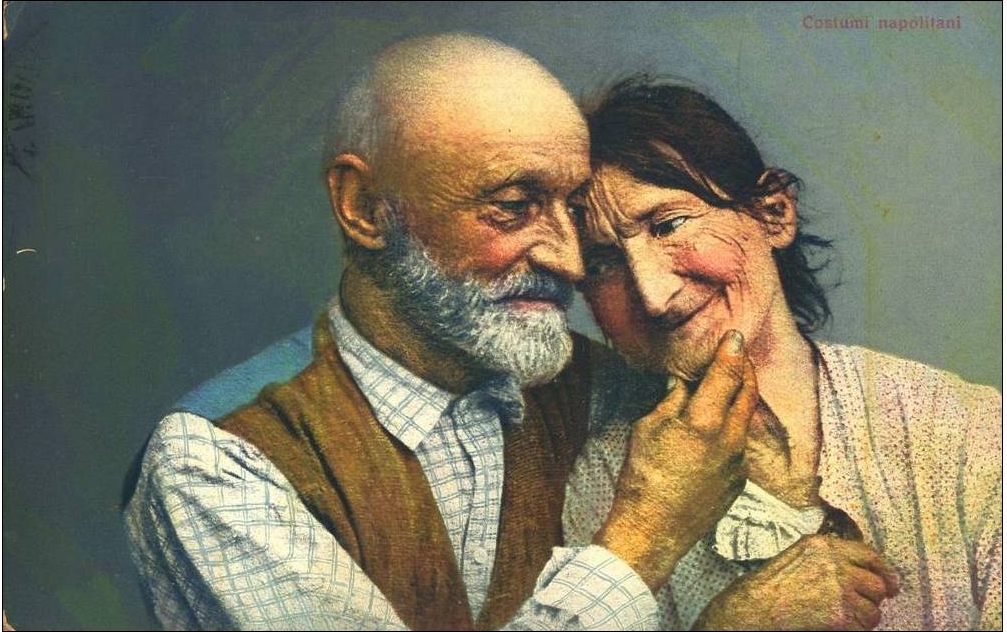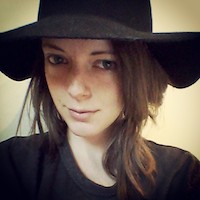I am truly blessed.
All four of my grandparents are still living, and for the most part doing well. They are in their 80s and 90s, and it blows my mind, but one pair of them have been married for more than 73 years!
I am lucky to have them all because it’s given me a unique insight into what will one day be my future (I hope) as I age. I do not fear growing old like I know some people my age do. I have also learned how important certain habits can be if you want to “age well.”
Many of them are just my own observations, from knowing how important it is to practice cheerfulness and gratitude, to seeing how important it is not to attach ourselves too much to what we look like or what we can do. Because those things will fade as time goes on.
Our skin will wrinkle, our senses dull, our joints stiffen. Aging is inevitable. But it can be slowed, and one of the healthiest and most natural ways to slow it is with Chinese medicine. I’m a big believer in the power of Chinese medicine, and I’ve asked my dear friend Jon Cacherat, a practicing acupuncturist in Denver, CO, to help me pass on some tips to you my readers.
Kathryn Muyskens: So, Jon, what can Chinese medicine tell us about healthy aging?
Jon Cacherat: Well, to talk about aging in Traditional Chinese Medicine (TCM) we first have to talk about the concept of Qi. Qi is your body’s life force, which can also be interpreted as simply “the functions of the body.” In TCM, we categorize these functions of the body into five general spheres. This concept is called Five Element Theory. Each Element corresponds to a particular organ or process, for instance the Heart is paired with the Fire element, and the Earth element with Digestion, Metal goes with Respiration and Immunity, Water goes with the Kidneys, and Wood with the Liver.
All the forms of “Elemental” Qi can be replenished by eating certain foods that feed each type of Qi. If you can always restore your Qi, you’d think perhaps it was possible to live forever, but there’s one special kind of Qi that cannot be replenished. It’s called the “Jing” and the Kidney Qi is its “treasurers” so to speak.
Jing, in Western medical terms, is a bit like DNA. Jing is determined at conception, we are born with a certain amount, which we inherit from our parents. But unlike DNA, Jing slowly gets used up by the body’s growth and natural functions. We can strengthen Jing with techniques like acupuncture and nutrition and tonify it so that it is used less quickly. But we cannot make more of it.
KM: That sounds kind of familiar to me from my yoga training. We’re thought to only have so many breaths in our life, so the name of the game in yoga is really to slow them down and stretch them out.
JC: Yes, the concept is similar in TCM. TCM would say we need three basic things to maintain life—air, food and Jing. There are certain things we do in life which use up our Jing and the key to longevity is to do those things less, or do them more mindfully so that we preserve as much of our Jing as we can.
KM: What causes us to lose Jing as we age?
JC: A little drop of Jing is used every time you eat. Jing doesn’t do the work of digestion, but it is the last step in turning the Qi of the food you eat into your own Human Qi.
KM: Uh oh. Does that mean we should just stop eating?
JC: Haha, no. But it does mean that the key to longevity is healthy digestion and a good diet. If you eat poor quality food, it is going to take more effort from your body and more Jing to transform it into Human Qi. The cleaner and healthier you eat, the less you need to use, and then the longer you are able to live.
KM: In our last interview we went in some depth on what TCM recommends for good digestion. But are there some specific guidelines to help our Jing?
JC: Yes. Chinese medicine recommends a diet that is as healthy and clean as possible. That means emphasizing organic whenever possible, and seeking a balanced diet of whole foods, fruits, vegetables, grains and some meat. We also discussed how important it is to take care of your Digestive Qi and avoid the things that weaken it, like too much raw food, dairy, sugar or heavily processed food.
The health of our Digestive Qi is very closely tied with our Jing. The foods that our Jing likes best are paradoxically some of the hardest on our digestion, which makes aging kind of a catch-22. As we age, our digestion often gets weaker, and that makes it harder and harder to protect and preserve the Jing.
KM: What are some examples of foods that Jing loves?
JC: Since the Kidney Qi is so intimately connected to the Jing, feeding the Kidney Qi can directly effect the Jing. Kidney Qi loves beans. That should be easy to remember, since the kidneys and beans have similar shapes. Obviously, kidney beans are great. But Kidney Qi also likes a lot of very rich food, like pork, lamb, duck and eggs. Nuts and seeds are another favorite, especially walnuts. Generally, blue and black colored foods like blueberries and blackberries will also benefit the Kidney Qi. And vegetables like asparagus and leek will also be beneficial.
But food isn’t the only way toxins and things that drain or strain Kidney Qi can enter the body. Other substances count too. Anything you are exposed to in your life, anything you ingest, and that means pollutants, as well as drugs and medications.
KM: What kind of drugs and medications?
JC: All of them. Pharmaceuticals and recreational drugs. All of them will have an effect on your Jing. Just as it takes a tiny drop of Jing to turn food into your Human Qi, pharmaceuticals and drugs also must take a bit of Jing in order to be absorbed and used by the body. Sometimes, depending on the strength or type of drug, a great deal of Jing may be expended in order to absorb the drug. NSAIDs are a good example. Even Western medicine is aware that overuse of NSAIDs can injure the kidneys.
That doesn’t mean that you won’t sometimes need to take them. There are many health problems where you need a pharmaceutical drug to prevent something worse. That’s another catch-22 of the aging process. As we age, we are vulnerable to developing other health issues, like heart disease, high blood pressure, etc, etc. And we may need medications for those to help us survive, but those medications will also be hard on the Kidney Qi. Which again brings us back to our emphasis on preventive care. Practice healthy habits while you’re young and you can delay or prevent yourself from needing these medications.
In the case of recreational drugs, it’s best for your Kidney Qi/Jing to abstain from it all. TCM explains the euphoric high we get from certain activities like recreational drug use as burning the burning of Jing. When we use Jing, it feels really, really good. Its the same stuff that makes drinking coffee and having sex feel so great. Those times when we feel really euphoric, that’s from Jing being used. Once again, that doesn’t mean we should all stop doing everything that makes us feel euphoric, just like it doesn’t mean that we’ll keep our Jing if we stop eating. It’s all about balance. Moderation. Just be mindful about it. But recreational drugs are not a good idea for a healthy, long life. Stick to coffee.
KM: Does that mean drinking alcohol drains our Jing too?
JC: Good question, and the answer is no. Drugs like cocaine will use your Kidney Qi/Jing to produce a high, but alcohol is different. Alcohol acts on your Liver Qi. It won’t drain your Jing more than drinking or eating, but don’t take that as a free pass to go wild. There are still plenty of ways in which drinking can be unhealthy. Alcohol and Liver Qi is another discussion for another time.
KM: I’m noticing a theme here. There seem to be a lot of catch-22s in the aging process. We need rich foods but can’t digest them. Jing is drained by medications but we’re more and more likely to need them as we age.
JC: That’s the thing with aging. In the end, none of us are getting out alive. But the name of the game in longevity is prevention. Once we’re old, it’s going to be an uphill battle to tonify the Kidney Qi, preserve the Jing, and to slow the aging process. But when we’re young, we can make choices that will help us keep our vitality. Keep the digestion healthy, avoid the toxic, be mindful in your pleasure.
KM: Seems like good advice to me.
*This interview has been edited and condensed.
Relephant:
Digestive Troubles? Traditional Chinese Medicine May Help. {Q&A}
Author: Kathryn Muyskens
Editor: Travis May
Photo: Wikimedia Commons











Read 0 comments and reply